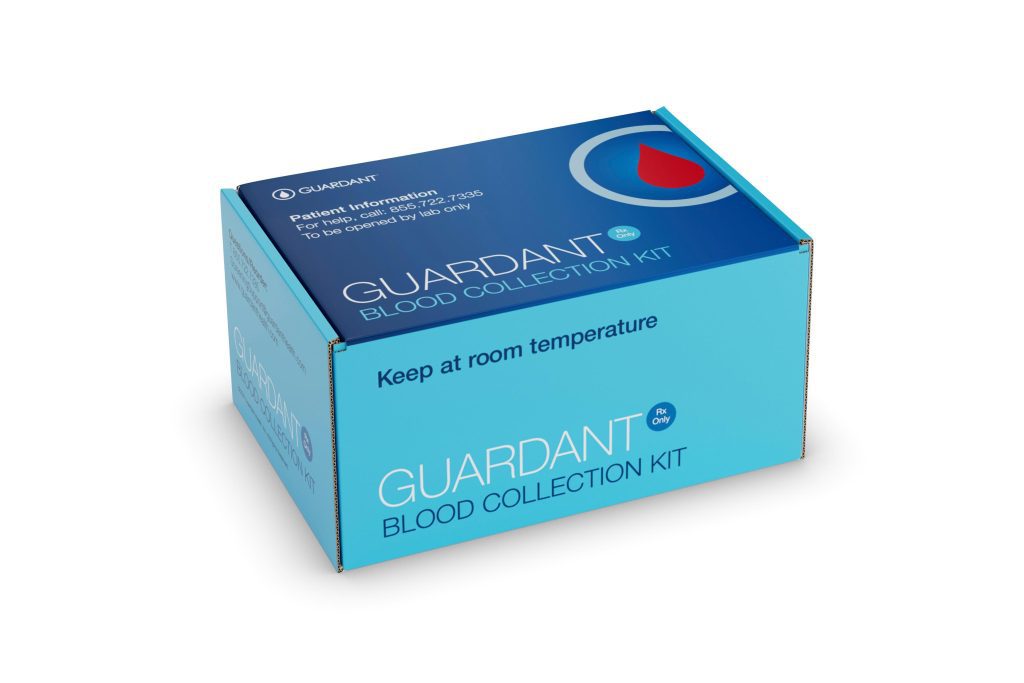By CARLA K. JOHNSON (AP Medical Writer)
A study published Wednesday showed that a blood test for colon cancer did well, providing a new screening option for a major cause of cancer deaths.
This test checks for DNA pieces released by tumor cells and precancerous growths. It's available for purchase in the U.S for $895, but is not yet approved by the Food and Drug Administration and is not covered by most insurers. The company that makes the test, Guardant Health, expects a decision from the FDA this year.
In the study, the test identified 83% of the cancers but missed many of the precancerous growths found by colonoscopy, which is the top method for colon cancer screening. Aside from detecting tumors, colonoscopies can prevent the disease by removing precancerous growths called polyps.
However, some people avoid the exam because of the inconvenience of taking time off work or the preparations the day before that involve drinking a strong laxative to empty the bowels.
A convenient option is an annual stool test, where individuals send a stool sample to a lab for analysis.
Dr. Douglas Corley, chief research officer for Kaiser Permanente, Northern California, who was not part of the study, said, 'The best test is the one someone will actually complete. Providing options increases the number of people who will get screened.'
In the U.S., screening is recommended for healthy adults ages 45 to 75 at average risk for colon cancer. The frequency depends on the test: a routine colonoscopy is every 10 years. Screening is slowly increasing but is far from reaching the 80% of age-eligible adults goal set by the American Cancer Society and other groups.
Guardant suggests using its blood test called Shield every three years. Like a stool test, the blood test requires a follow-up colonoscopy if there's an abnormal result, which could lead to more out-of-pocket costs.
The study, funded by Guardant and published in the New England Journal of Medicine, involved 7,861 people in the U.S. who had both a colonoscopy and a blood test.
While the blood test identified 83% of the cancers found by colonoscopy, it missed 17%. This is similar to stool-based tests.
There were also false alarms: For 10% of the people where the colonoscopy found nothing, the blood test falsely indicated they might have colon cancer. This means a significant number of people would experience the anxiety of follow-up colonoscopies.
The blood test is set to detect the characteristic of colon cancer but more research is needed to determine if it might also detect other cancers and provide incorrect results, Corley said.
Colorectal cancer is the second leading cause of cancer deaths in the United States and the third worldwide. In the U.S., more than 153,000 new cases and 53,000 deaths from the disease are expected this year.
Increasing screening should lead to fewer cancer deaths, said study co-author Dr. William Grady of the Fred Hutchinson Cancer Center in Seattle and a paid member of Guardant's scientific advisory board.
In a different study published on Wednesday in the same journal, an improved version of the Cologuard stool test, which also checks for DNA fragments, appeared to enhance its performance on false alarms, potentially leading to fewer follow-up colonoscopies. This study, involving over 20,000 people, was funded by Exact Sciences, the maker of the test.
Dr. Nabil Mansour from Baylor College of Medicine, who was not part of the research, said that having more options for patients is a good thing. He will still suggest a colonoscopy for his patients, but is pleased that there will be a reliable blood test available.
___
The Howard Hughes Medical Institute’s Science and Educational Media Group supports The Associated Press Health and Science Department. The AP is responsible for all content.









